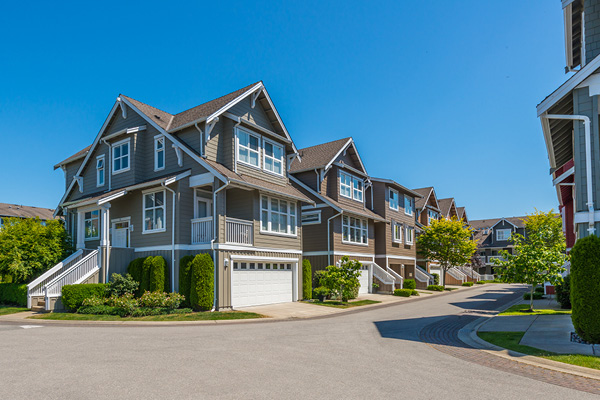Condominiums can offer a low-maintenance lifestyle that many homeowners find appealing. Some condos even have amenities like pools, tennis courts, and outdoor areas that can offer recreational and social opportunities. However, owning a condo is very different from owning a single residence home. Here are some things you should know before you dive into the condo pool and lifestyle:

You’ll be part of a community ownership arrangement. Most condos are governed by some type of a Home Owners’ Association (HOA), which means that there’s a governing body that oversees the complex and the finances used for maintenance and upkeep. The HOA can also dictate rules that condo owners must follow.
In addition to the usual costs that come with buying a home, such as a down payment, mortgage costs, taxes, and insurance, you’ll likely need to plan for HOA fees and assessments. Before you sign a purchase contract, ask to see the HOA by-laws, budget, and cash reserves to assess the financial stability of the complex. It’s also a good idea to ask how often dues are increased, ho frequently owners are assessed, and how much assessments have historically been.
Make sure you understand what maintenance and lawn care is included with your HOA dues and what is your responsibility. Typically, but not always, condo owners are responsible for any repairs or maintenance on interior items, and the HOA covers exterior items such as roofs and stairways. It’s important to know in advance exactly what your obligations are so that you can budget accordingly and so there are no misunderstandings down the road.
Be familiar with the covenants, rules, and bylaws that govern things like remodeling, pets, parking, noise, renting, and sometimes even who is allowed to live in the unit. Knowing these guidelines on the front end can help you avoid inadvertently breaking rules and will make you a better neighbor.
Know where the common areas are and what is considered to be your private property. Common areas are generally those that are jointly owned by the homeowners and that are shared.
Find out if you will require board approval to purchase a condo. In some cases, the board approval process can be lengthy, which can delay the transaction. Ask for a timeline, what records you need to provide, and whether a personal interview is required.
Condo owners may not realize that they can benefit from home warranty coverage just like single residence homeowners can. While HOA fees may cover common areas and external structure maintenance, they likely don’t cover typical home system and appliance breakdowns inside your unit. For example, an HSA Home Warranty is a one-year service contract that can help protect condominium owners’ budgets from costly, unexpected covered repairs or replacements of some appliances and major mechanical system components that break down over time due to normal wear and tear. For condo owners, an HSA Home Warranty can help make an already low maintenance lifestyle even easier. Ask your real estate professional, or find out more at onlinehsa.com.